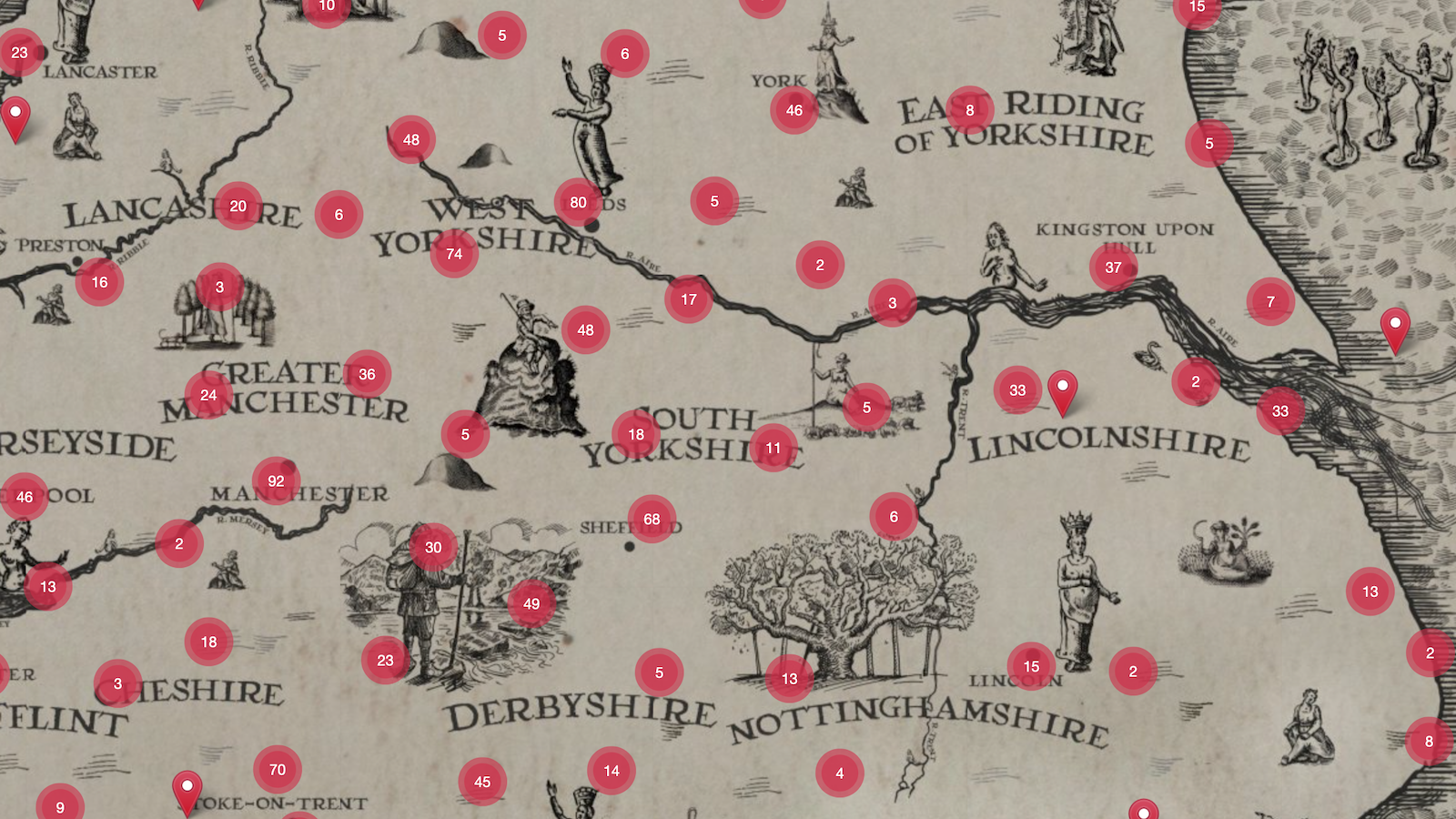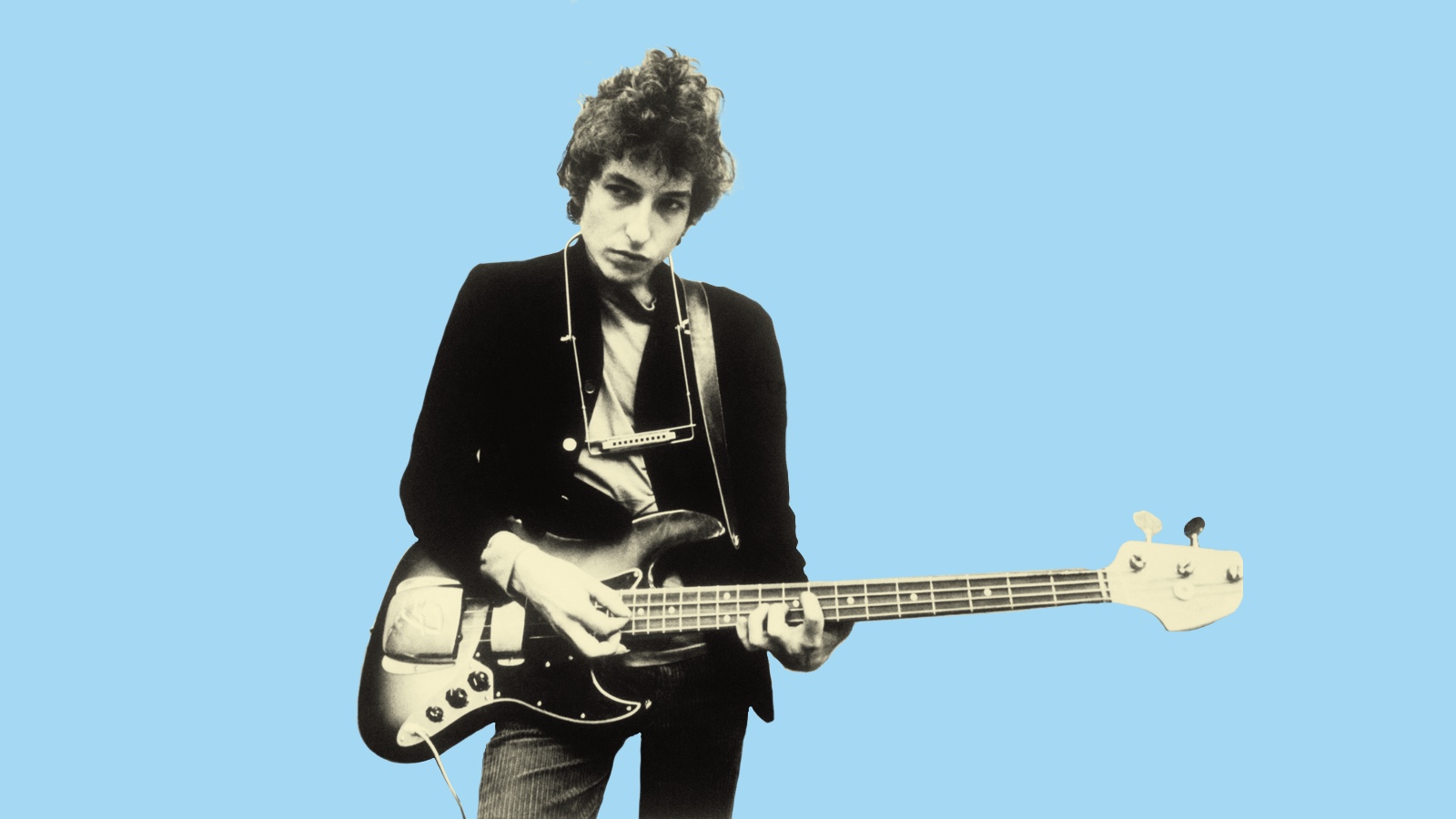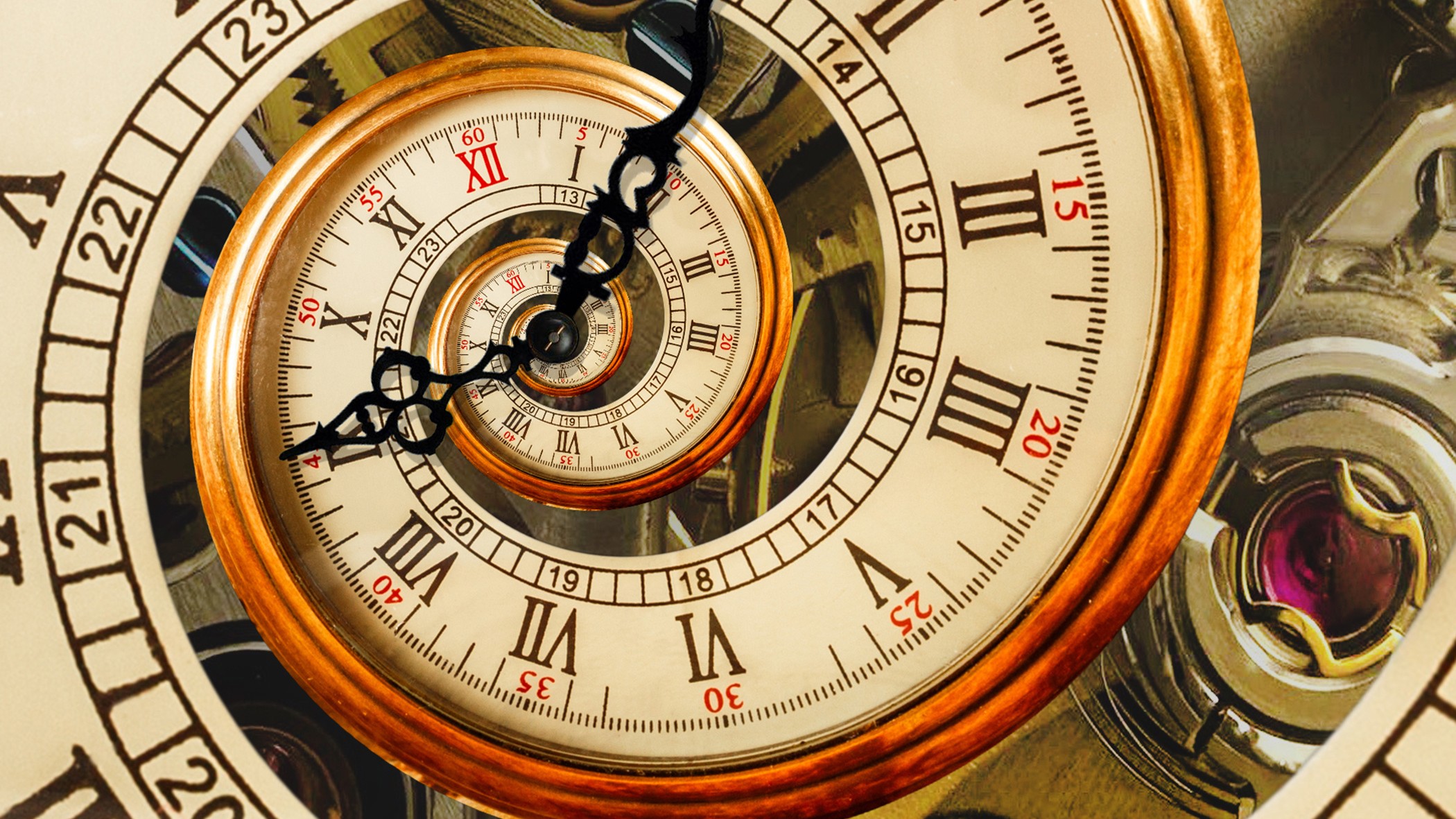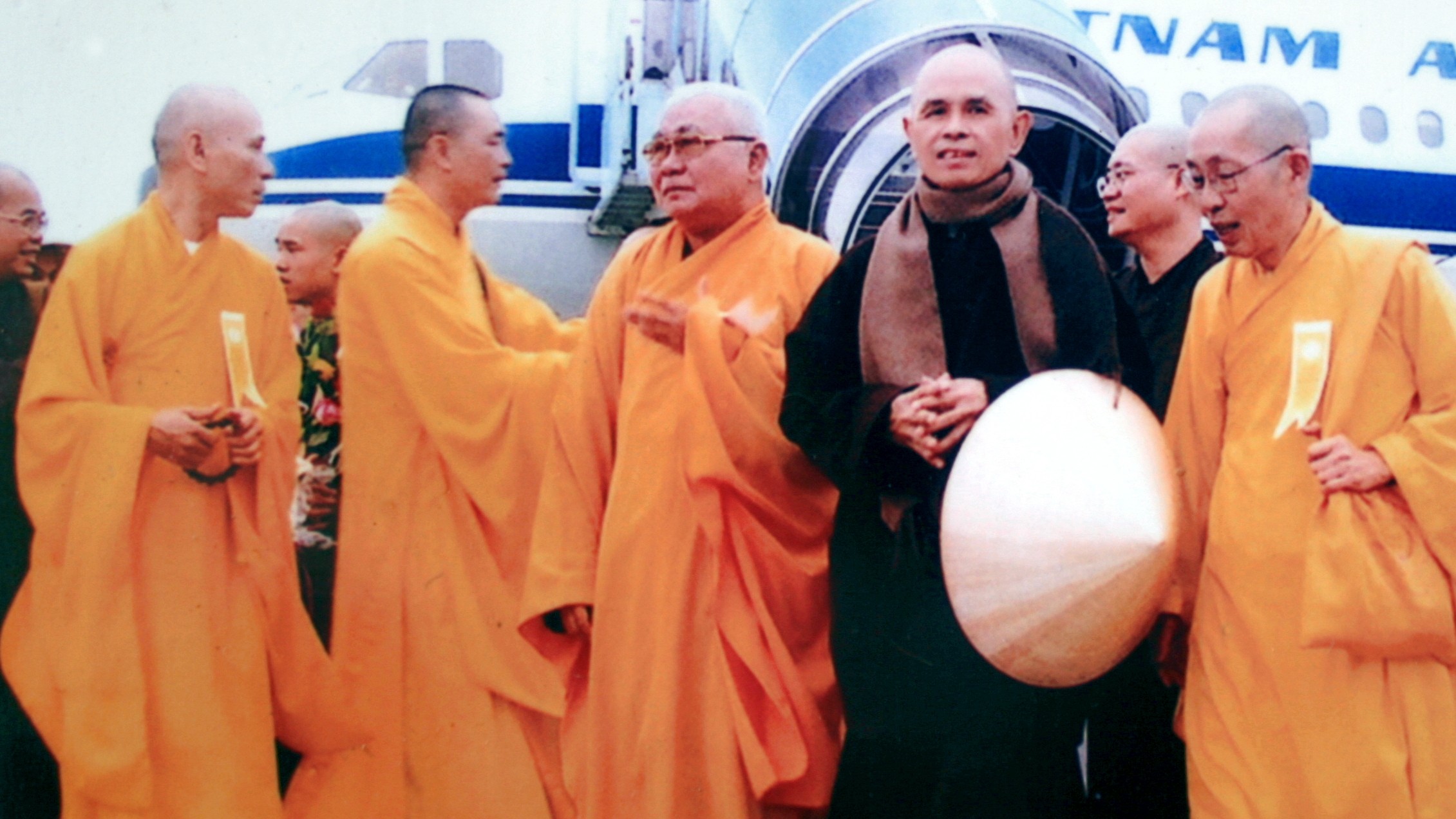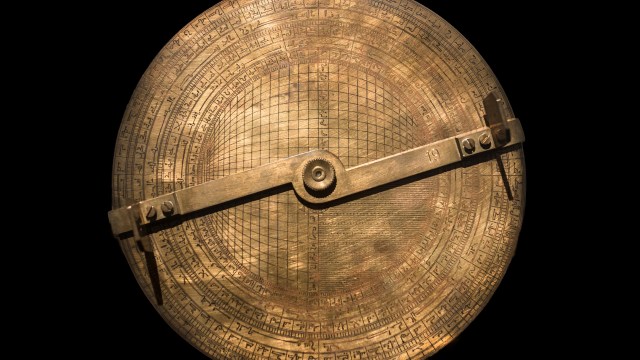How to find the mental sweet spot for smart decision-making
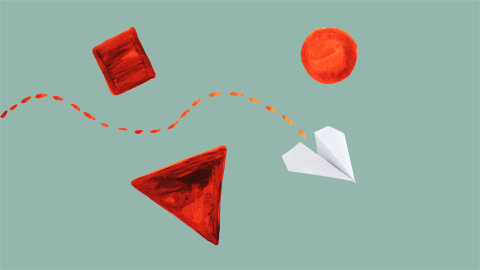
- In this excerpt from The Wonder Paradox: Embracing the Weirdness of Existence and the Poetry of Our Lives, author Jennifer Michael Hecht explores different decision-making strategies.
- Both business decision theory and spiritual rituals offer strategies for tackling difficult decisions.
- Hecht suggests that getting into a different mental state — maybe by taking a walk or reading poetry — could yield surprising benefits.
Brain science speaks in terms of our negotiating the world using two distinct mental systems — one for quick problems and one for hard ones. For small decisions our limbic system wings it on vague associations and half-forgotten assumptions perceived as “gut feelings.” We make these calls all day long, and though our guesses are not much better than chance, the stakes are low.
For hard or important problems, we engage our ventromedial prefrontal cortex. It requires a lot of energy. People walk and talk all day, but to solve an equation we tend to veer over to a curb and stop walking — and we won’t bother to work that hard unless it’s pressing.
How do we get ourselves to pull over?
Decision theory in business breaks down the steps of a well-analyzed problem. Naming the obvious can help us get a good look at it, and to check that we aren’t skimping on the hard parts. Decision models today are often versions of the following seven steps:
- Are you sure you need to make a decision here?
- What facts do you need? Is it even possible to act now
- Isolate and describe the best alternatives.
- Time to do all the math, and start asking around.
- Search for details on the risks. Ask advice.
- Create a plan, get others on board.
- Consider the process and outcome. What can be improved?
There is room for musing in these models, but when the risks are high, CEOs without an express aversion to prayer might well try that too.
For instance, in 2005 German researchers published a study of Sri Lankan business leaders including Buddhists, Christians, Hindus, and Muslims. When asked anonymously if and when they practiced religion at their secular workplaces, many said that they did, for decisions. Though they had been schooled in multiple management protocols for making choices, and some had even been assigned specific versions by their companies, participants with Buddhist backgrounds set up shrines and practiced reflection and stanza chanting; Hindus conducted puja ceremonies, recited mantras at work, and prayed for clarity; Christians worshipped with crosses and other symbols and celebrated mass at work. Business leaders with Muslim backgrounds spoke of aligning behavior to the principles of Islam.
The study used the term the ultimate, to include references to “God, transcendent reality, or truth.” One participant “admitted” that he turned to the ultimate when faced with critical decisions and added, “Perhaps it is psychotic, but I have done this for the last 30–35 years. I feel it makes me a better man and it helps me to take the right decisions.” Researchers found that results of the decision, good and bad, were often attributed to the quality of the ritual experience. The business leaders said the rituals provided “solace, guidance, and inspiration.”
What can hit the sweet spot of gravitas and pleasure is poetry.
Both checklist and shrine can help us take risks and assess the results, but they are each limited. We can do a better job than religion in guiding our attention through rational steps, and a better job than Business 101 at inviting in quiet thoughts and unclear feelings.
We can make a retreat for ourselves by bringing water to a plant and taking a few moments to sit in repose and read a poem.
It may seem like common sense to devote a few moments to thinking about a choice. Languages around the world have idioms for “Sleep on it,” or “Decide in the morning,” which shows we are aware that we require time, and various states of mind, to know what we think. In sports, when you get hurt, someone often says “walk it off.” Also when you get mad. Perhaps we could add “walk it out” for a decision-making ritual where you take a stroll.
Find a way to walk without care, a perambulation around a clutch of trees, perhaps. Walking meditation is a staple of Buddhism. The Vietnamese Buddhist monk Thich Nhat Hanh speaks of the practice, there called kinh hành, as a way to feel the present, mindfully connecting one’s feet to the earth and moving with kindness through the world.
Religions often accompany rituals with mood-altering words to proclaim aloud, or savor in silence; to chant, sing, or mutter. For the interfaithless, what can hit the sweet spot of gravitas and pleasure is poetry.
